
Hey there!
My


My

I am an urban designer with a strong interest in Sustainable Urban Environments and a focus on climate adaptation and resilience planning. Through this portfolio, I showcase my passion for creating livable and sustainable urban spaces. Join me on a journey through a diverse range of projects and see how I have used my expertise to bring innovative ideas to life.
Cell Phone: 732.539.3344
Email: kylewire1899@gmail.com
Location: Philadelphia,Pennslyvania
CHPlanning Ltd.

Senior Urban Planner









2021 - Current
Crosby Schlessinger Smallridge
Landscape Designer
2020 - 2021
University of North Carolina at Wilmington
B.S. in Environmental Science
2015 - 2019


Northeastern University
M.Des in Sustainable Urban Environments
2019 - 2021
SketchUp
Rhino3D
VRay
Adobe Photoshop
Adobe Illustrator
Adobe Indesign
HTML CSS
Javascript

Tattoo Charcoal Paint
Sketch
Digital
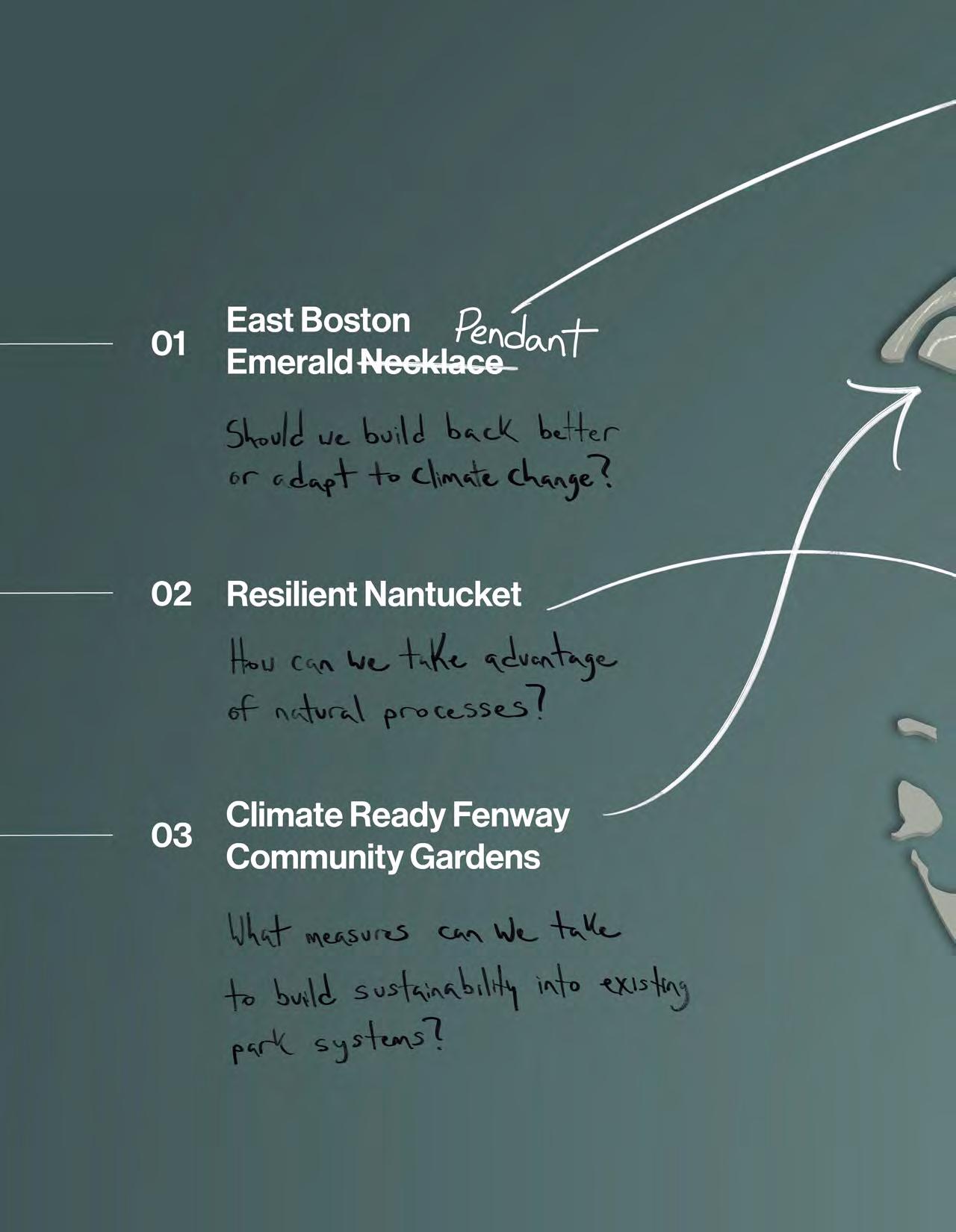
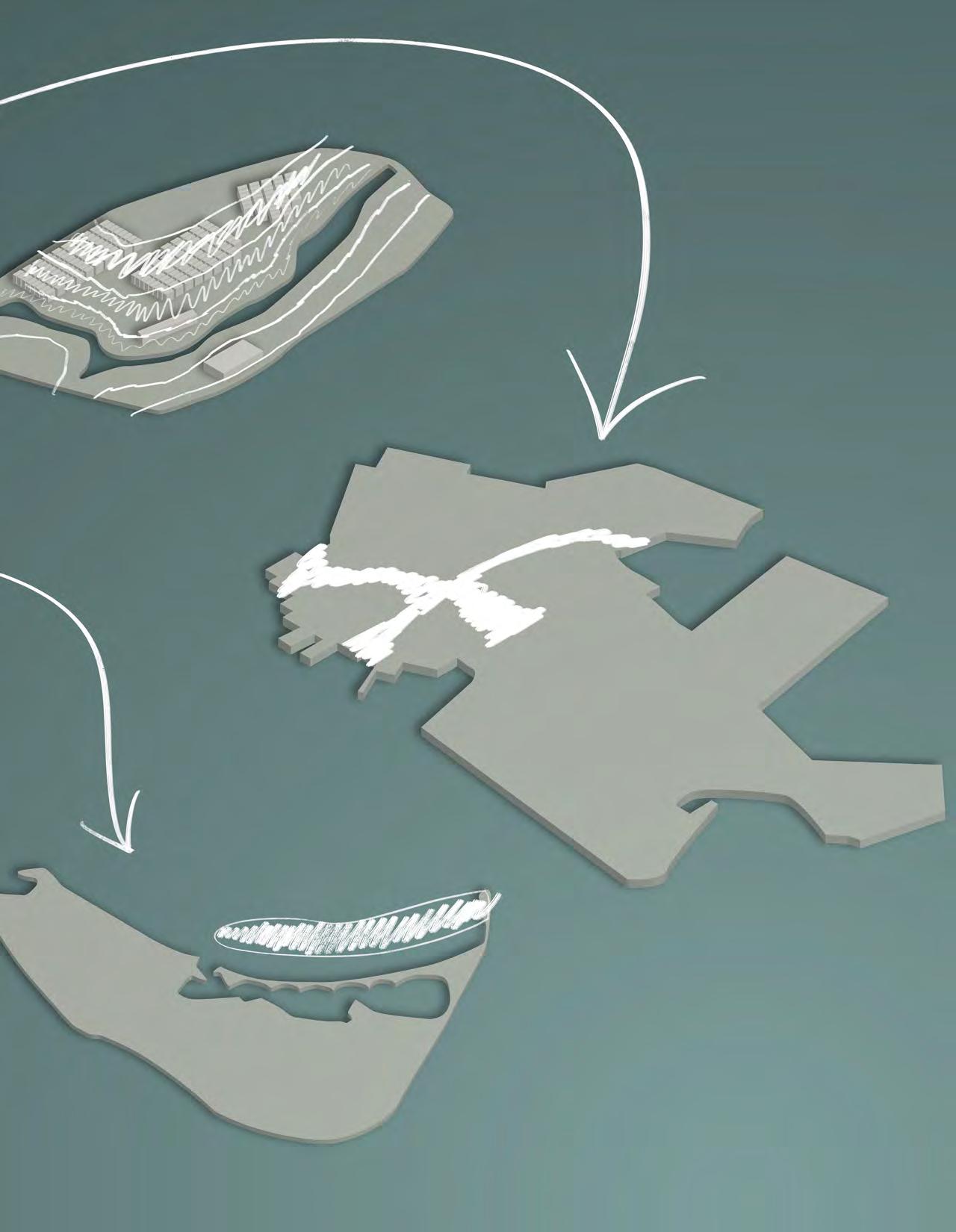
Location: Boston, Massachusetts
Project Type: Individual
Status: Complete
The “East Boston Emerald Pendant” project aims to connect East Boston to Frederick Law Olmsted’s famous Emerald Necklace, while also providing new green space, recreation opportunities, a blue economy, and ecological resilience to climate change. By creating a necklace of green spaces and recreational areas, the project aims to not only beautify the neighborhood but also enhance its resilience to climate change impacts. The project seeks to promote ecological sustainability and provide economic opportunities for the community, ultimately creating a more vibrant and livable neighborhood for all.
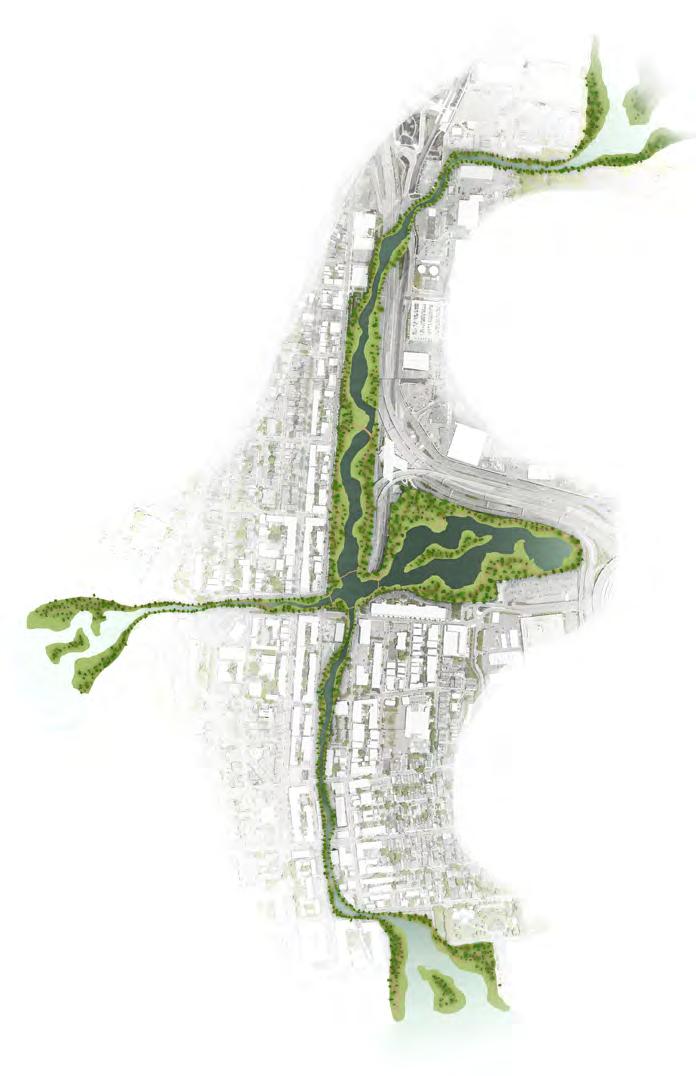

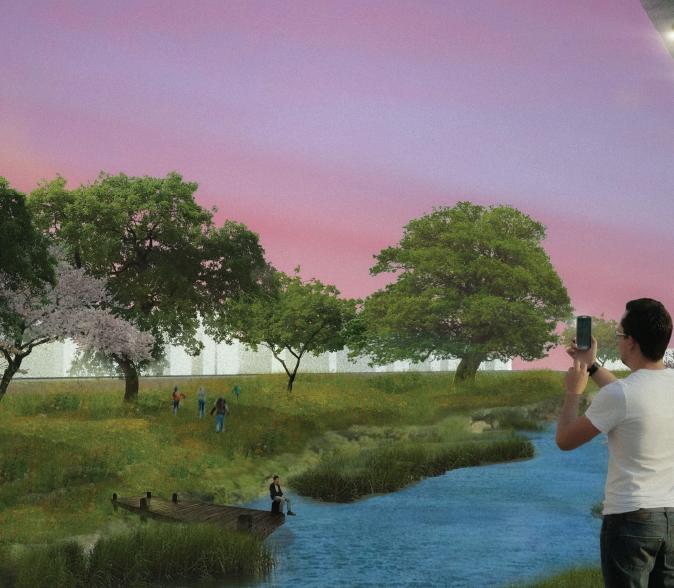

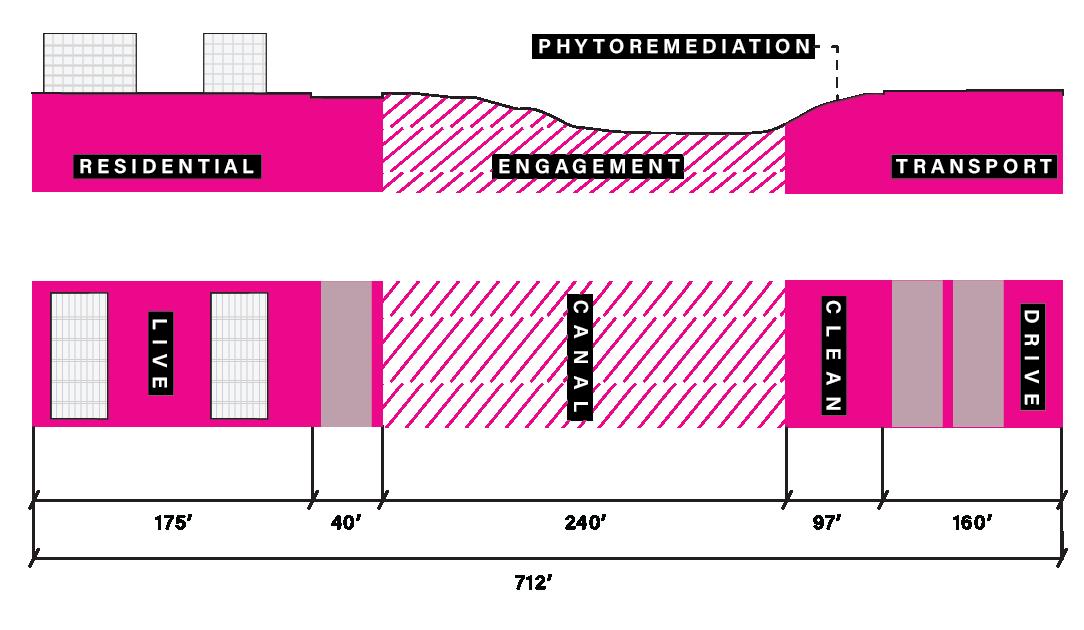
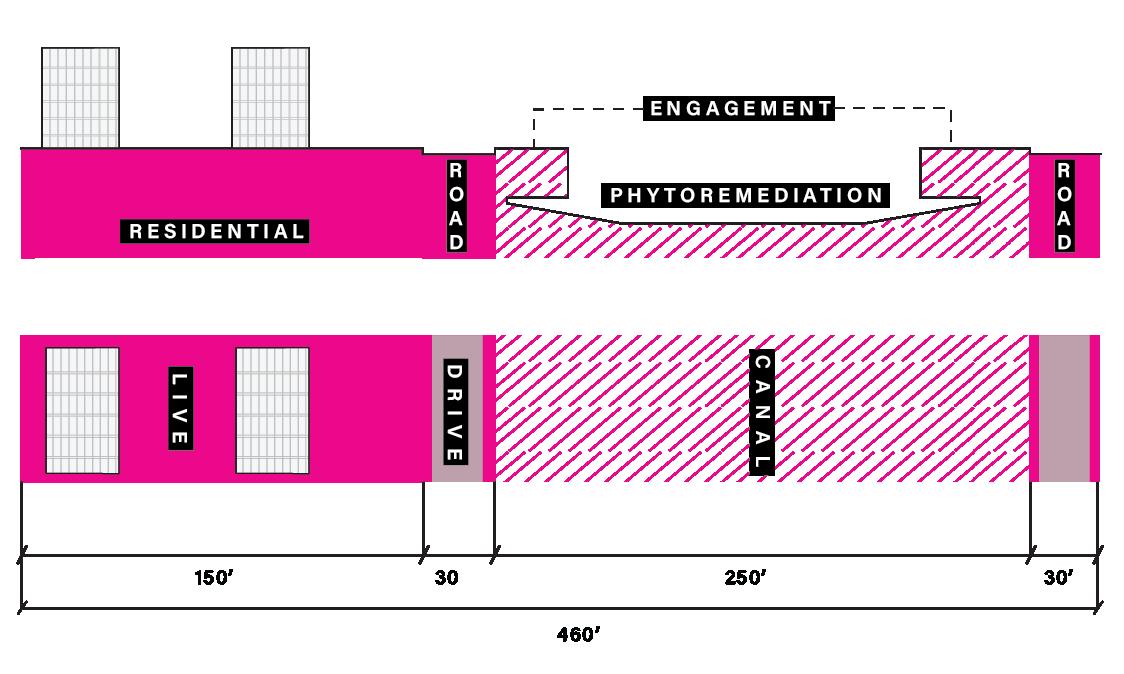
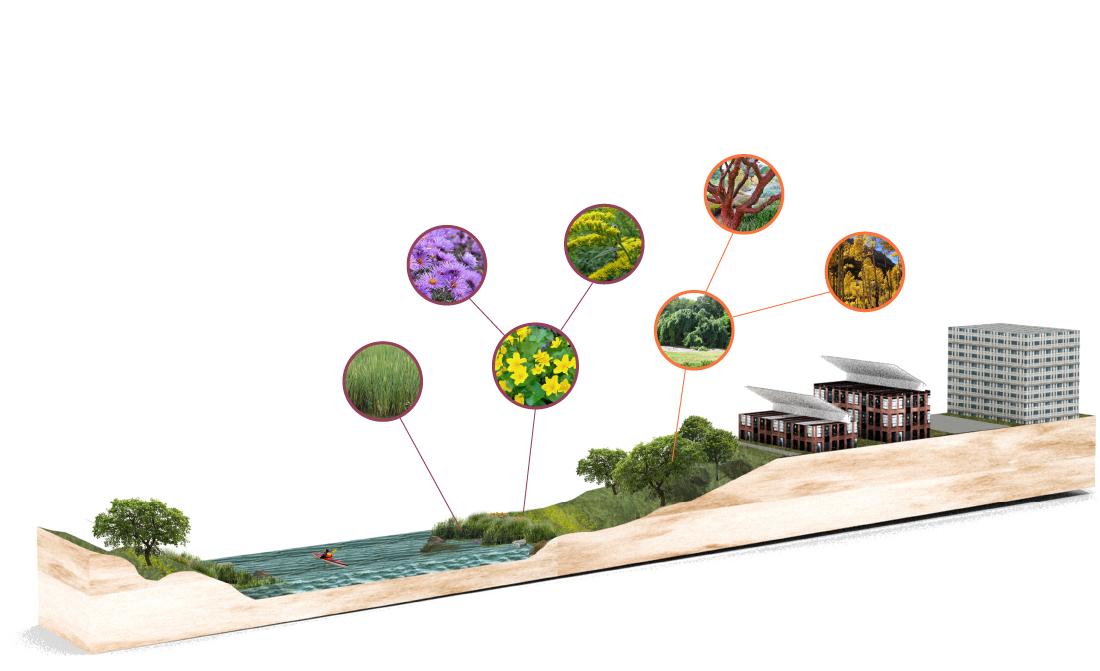
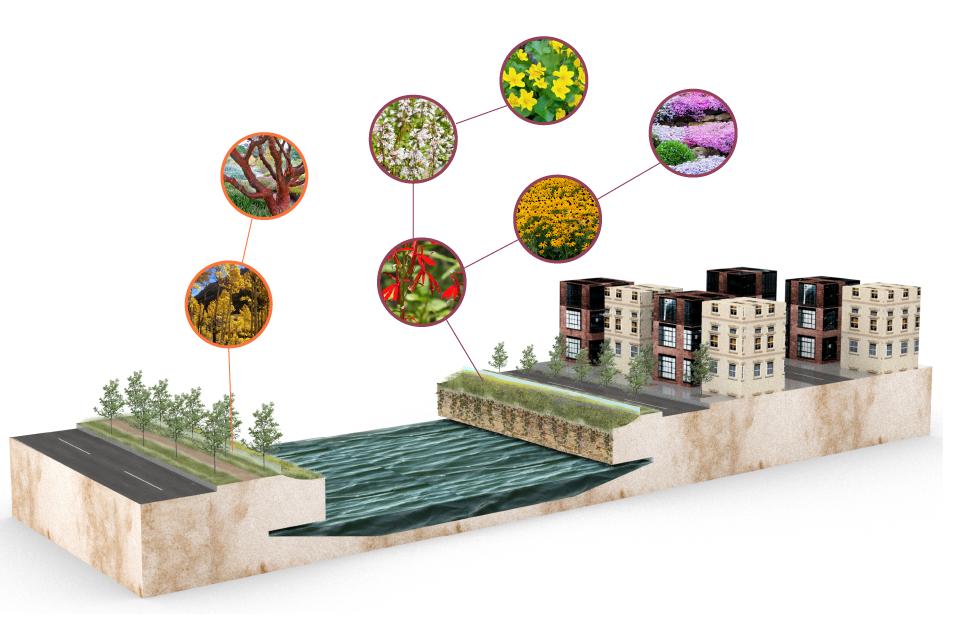
The Canal System is not just a practical solution, but it also connects the community with the land’s past by addressing the flooding and embracing the water. The Canal System utilizes green infrastructure to capture and manage stormwater, mitigating the effects of flood inundation, storm surges, and water pollution. It also increases recreational access, promotes biodiversity, and revitalizes the local economy.
Adapting to the changing climate requires a shift in our thinking. Instead of building against the water, we need to learn to embrace it and find innovative solutions to adapt to the challenges that come with it. The Canal System is a starting point for a broader conversation about climate adaptation and the need to accept the changes that are coming.

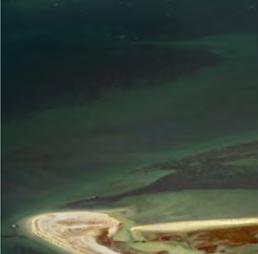
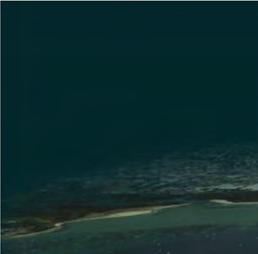
Location: Nantucket, Massachusetts
Project Type: Individual

Status: Complete
The Resilient Nantucket competition is a design challenge that aims to promote innovative and resilient solutions to protect the island of Nantucket from the impacts of climate change. The competition invites interdisciplinary teams to propose strategies that address the island’s unique challenges, including sea level rise, flooding, erosion, and extreme weather events. The proposed solutions are expected to be
context-specific, sustainable, and communitydriven, and should integrate the island’s historical, cultural, and environmental characteristics into their designs. By generating ideas and designs that can serve as a model for other coastal communities facing similar challenges, the competition aims to promote public awareness and community engagement on issues related to climate resilience.
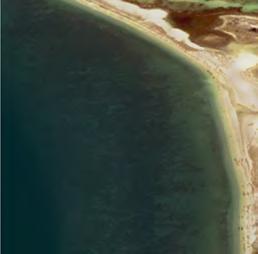
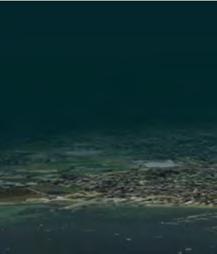
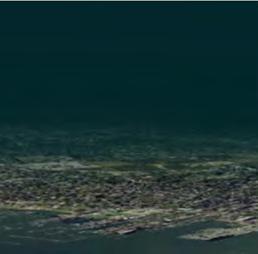
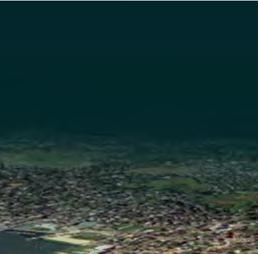
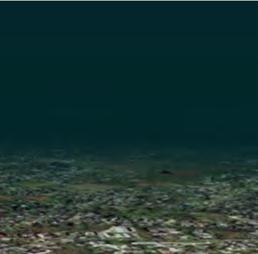

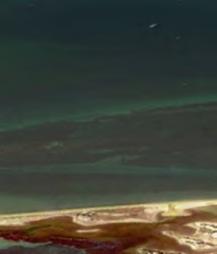
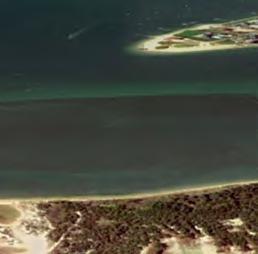
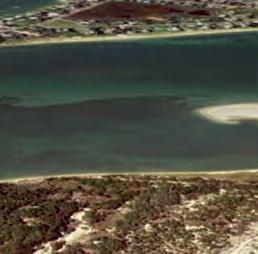
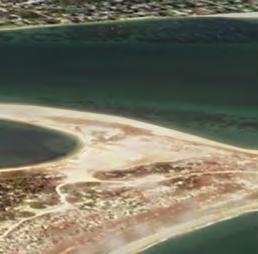

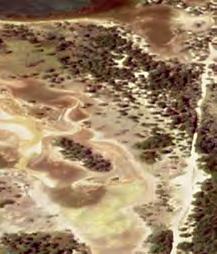
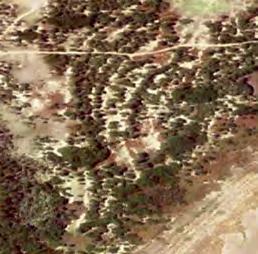
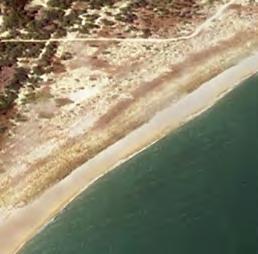
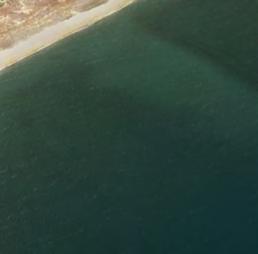

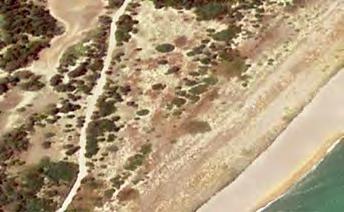















The first phase of creating a new barrier island refuge is centered around the creation of a spine structure made from ECOncrete. This innovative design solution will serve as a dynamic aquatic ecosystem that will support the restoration of eelgrass, oyster habitat, and fish populations. By introducing this new structure, the project aims to promote ecological sustainability and enhance biodiversity in the area. In addition to providing ecological benefits, the spine structure will also





act as a buffer system to reduce the impact of wave energy on Coatue Beach. This will ultimately result in less erosion, making the beach more resilient to the effects of climate change. The project highlights the importance of implementing sustainable design solutions that not only benefit the environment but also provide tangible benefits to local communities. By promoting ecological resilience and sustainability, the project serves as a model for future coastal development projects.




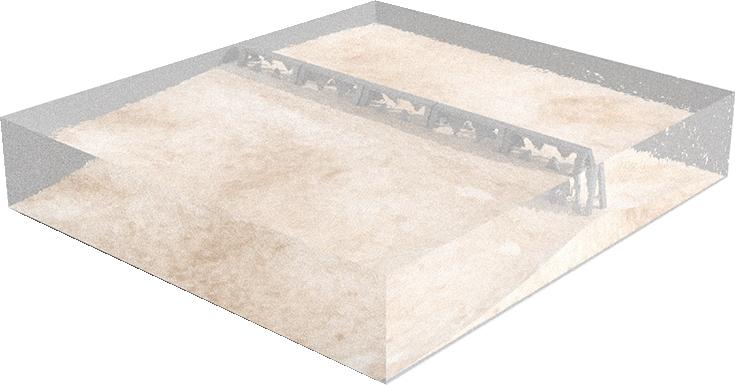
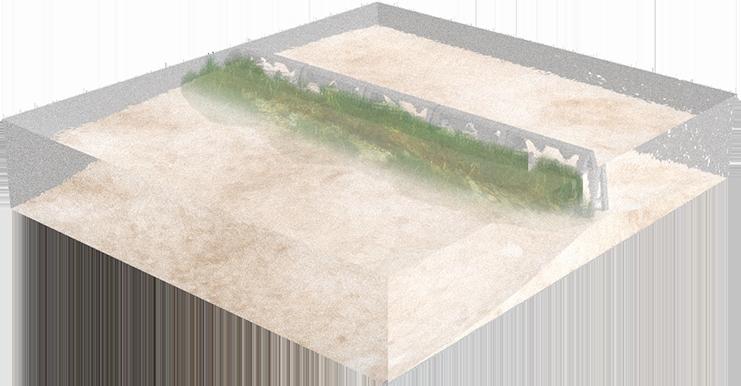

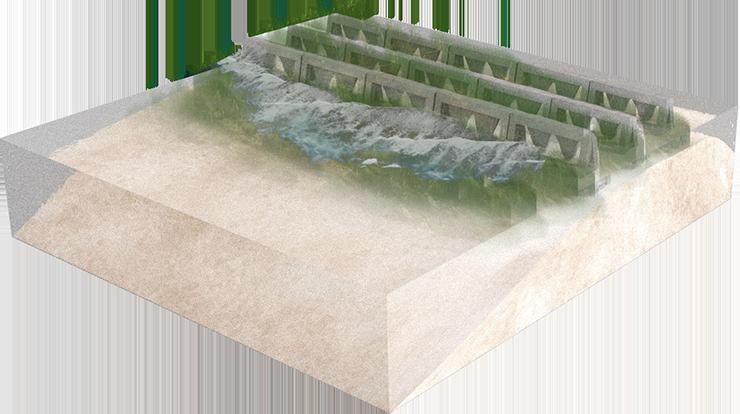
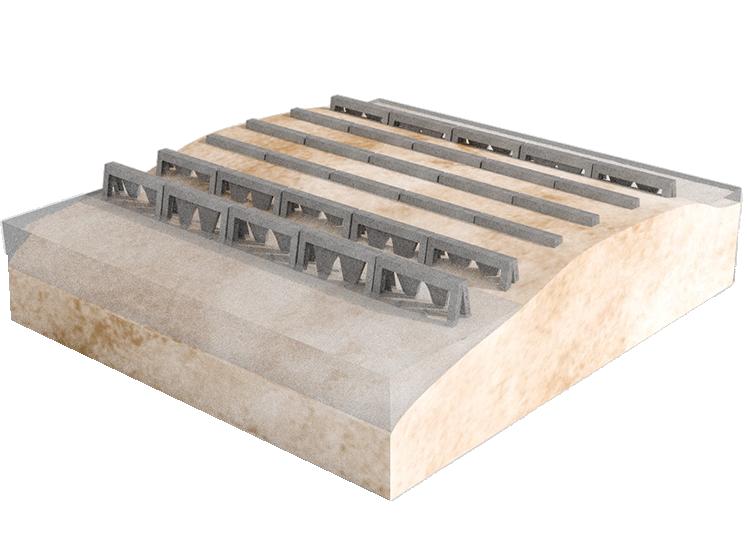
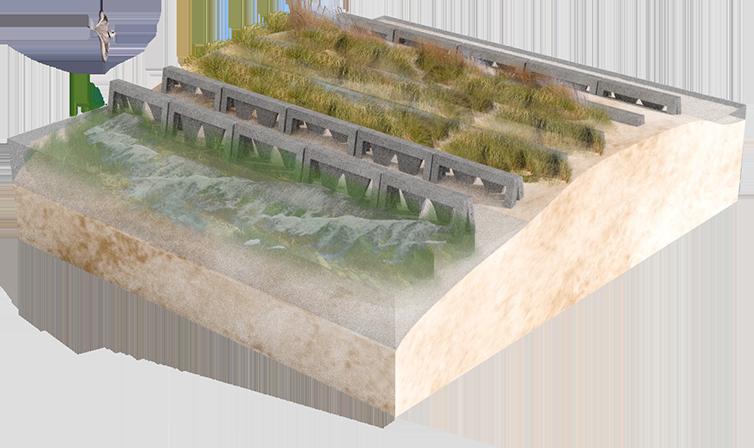
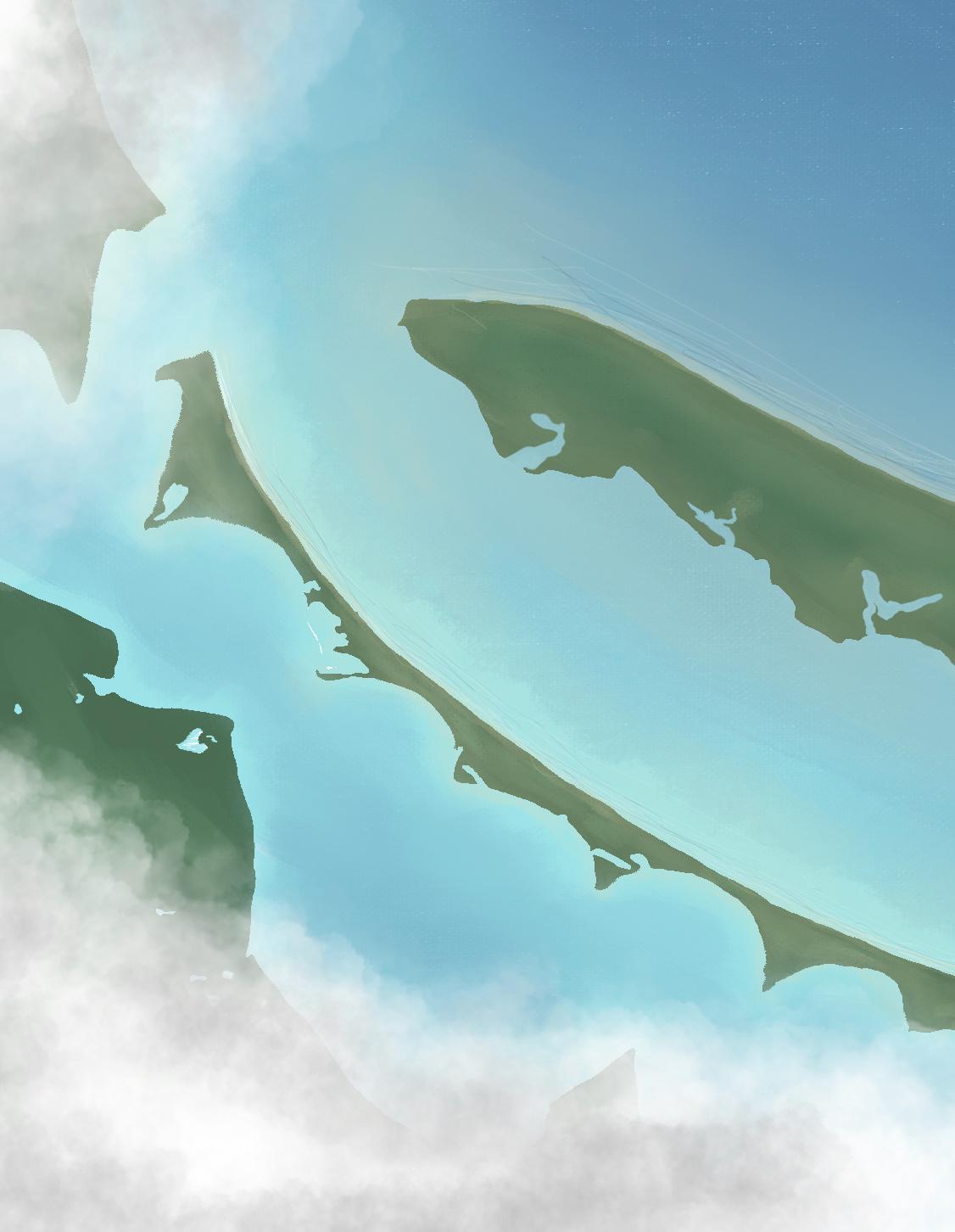

Location: Boston, Massachusetts
Project Type: Individual
Status: Complete
The Fenway Victory Community Gardens project is a testament to the importance of transitioning historic gardens to become climate ready. By introducing terraced gardens that serve as flood barriers and increasing the number of community gardens in the area, the project aims to promote ecological resilience and sustainability in the face of a changing climate. The project recognizes the importance of preserving the historic gardens while also adapting them to the challenges posed by climate change. By utilizing terracing techniques, the project creates a natural flood barrier that not only protects the gardens but also promotes ecological diversity and restoration.
In addition, the project seeks to increase the number of community gardens in the area, providing opportunities for residents to grow fresh produce and engage with nature. By transitioning the historic gardens to become climate ready, the Fenway Victory Community Gardens project highlights the importance of implementing sustainable design solutions that benefit both the environment and the local community while preserving the rich history of the site.
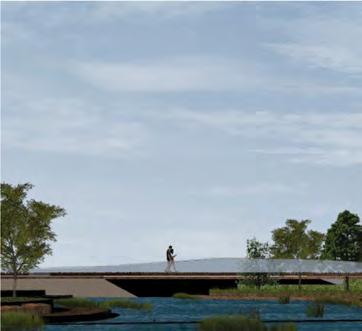


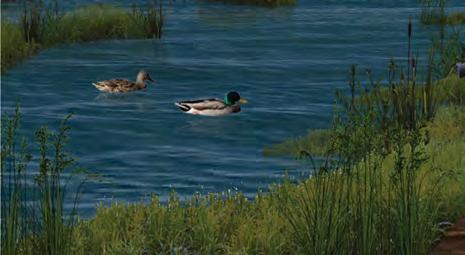


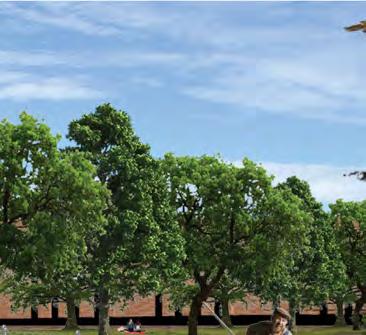

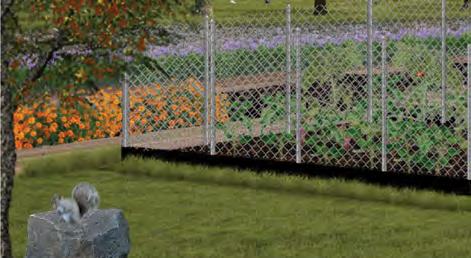

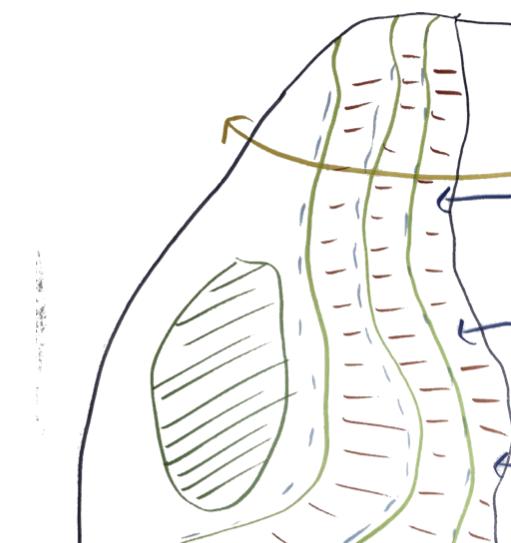

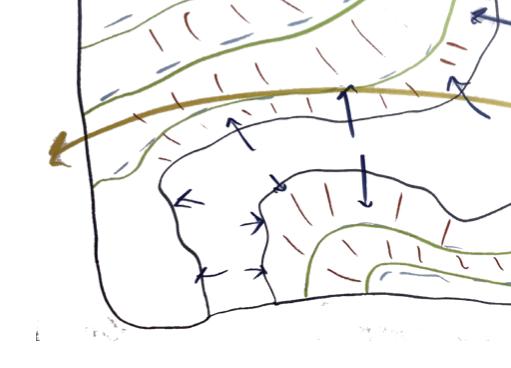
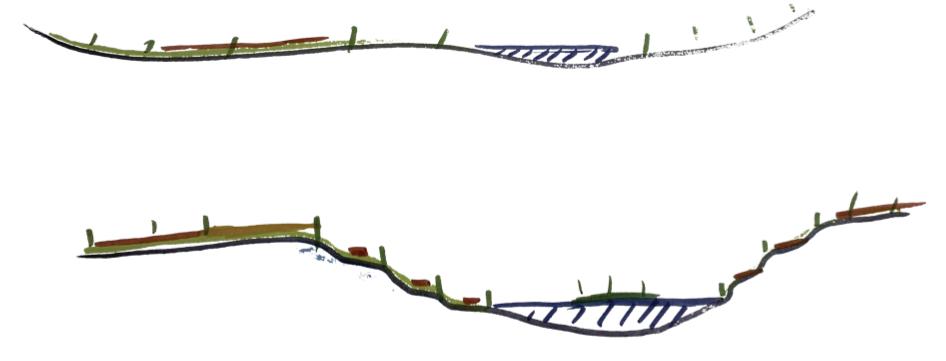

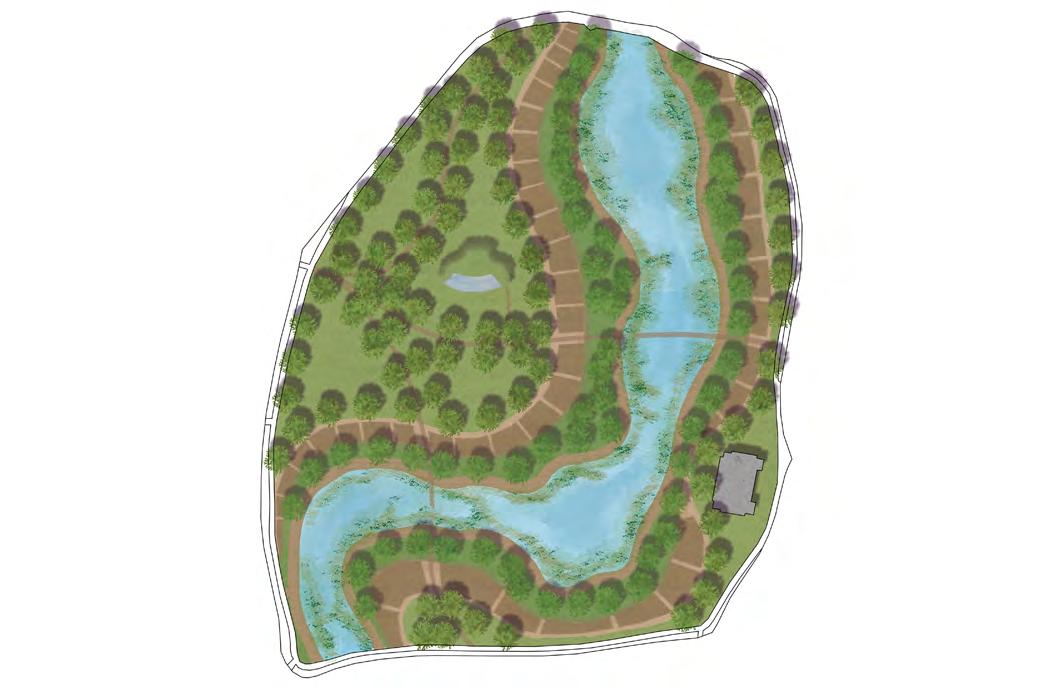
The urban design projects presented in this portfolio showcase a dedication to promoting ecological sustainability and resilience while also providing community benefits. From creating new green spaces and restoring aquatic ecosystems to developing innovative design solutions for coastal protection and flood prevention, each project demonstrates a commitment to addressing the unique challenges faced by urban communities in the face of a changing climate.
The “East Boston Emerald Pendant” project highlights the importance of creating sustainable and livable urban spaces that provide economic opportunities while also promoting ecological sustainability. Similarly, the Resilient Nantucket competition demonstrates the potential of interdisciplinary collaboration and community engagement in creating innovative solutions for coastal resilience.
The community garden terracing project and the Fenway Victory Community Gardens project showcase the importance of transitioning historic gardens to become climate-ready while also promoting community engagement and urban agriculture.
Overall, these projects illustrate the potential of urban design to create innovative, sustainable, and resilient solutions that benefit both the environment and the local community. By prioritizing ecological sustainability and community engagement, these projects serve as models for future urban design efforts.